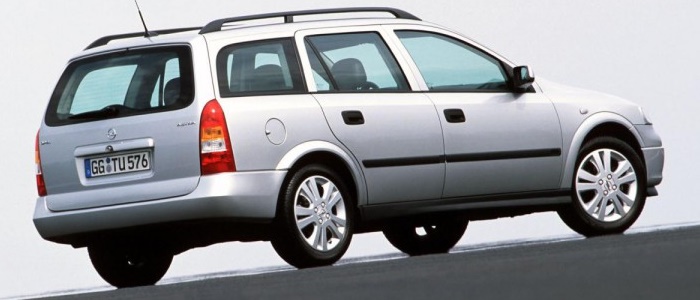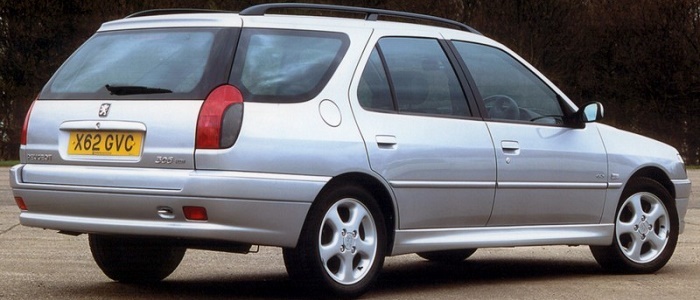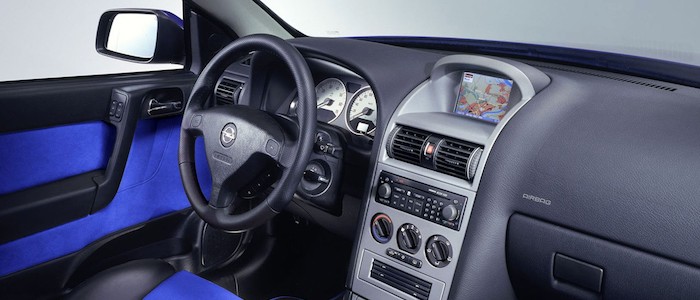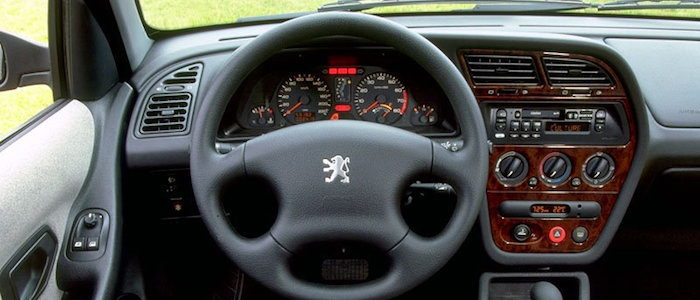Compare two cars
Compare any two cars and get our Virtual Adviser™ opinion
Dimensons & Outlines
Check vehicle history
Engine
Performance (manual gearbox)
Performance (automatic gearbox)
Expenses
Virtual Adviser's™ opinion
Well, these are two pretty similar cars we have here! It's only details that could potentially make the difference. Considering they both belong to the small family car segment and utilize the same 5-door wagon body style and the front wheel drive system, it all comes up to the specific diesel engine choice they offer. The first one has a Isuzu-engineered powertrain under the hood, a 4-cylinder, 16-valves 80hp unit, while the other one gets its power and torque from a 4-cylinder, 8-valves 69hp engine designed by Peugeot.
SafetyThe first thing to look into here would be the results from European New Car Assessment Programme (Euro NCAP) tests performed on the two cars. Good thing is that both vehicles got tested, with the Opel being a slightly better choice apparently. Moving further on, let's take a closer look at some additional safety-related facts. Both vehicles belong to the small family car segment, which is generally classifying them somewhere in the middle safety-wise, still it doesn't help us solve our dilemma, does it? Furthermore, taking kerb weight as an important factor into account, the German car offers a marginal difference of 9% more metal.
ReliabilityReliability is not the best thing to consider on the make level, but it is worth mentioning that Peugeot does have a slight advantage, at least on all of the models level. These are the official statistics, while our visitors describe reliability of Opel with an average rating of 4.2, and models under the Peugeot badge with 4.3 out of 5. Independent research findings rank Astra as average reliability-wise, and 306 is more or less at the same level.That apart, owners of different cars powered by the same engine as the German car rank it on average as 4.1, while the one under the competitor's bonnet gets 3.7 out of 5.
Performance & Fuel economyOpel is way more agile, reaching 100km/h in 3.4 seconds less than its competitor. In addition to that it accelerates all the way to 168 kilometers per hour, 6km/h more than the other car. When it comes to fuel economy the winner has to be the German car, averaging around 4.8 liters of fuel per 100 kilometers (59 mpg), in combined cycle. We can't ignore that 29% difference compared to the French car.
Verdict
Peugeot appears just a bit more reliable, although the difference is truly marginal. The most important thing when deciding between any two vehicles should always be safety, both passive and active. In my opinion, everything taken into account, the German car offers much better overall protection, which launches it ahead of the other contender. It all continues in the same direction, with Opel outracing its opponent in any situation possible, making it better choice for boy racers. To make things even better, it consumps less fuel! All together, there's not much more to say, in this case I wouldn't even consider anything but Opel. Nevertheless, let's not forget that people have different preferences and needs, so what really counts is your personal feel. I'm only here to help. I suggest you spend two more minutes in order to find out which car, based on your needs and budget, would be picked by the virtual adviser™, among thousands of similar, yet so different vehicles.
































